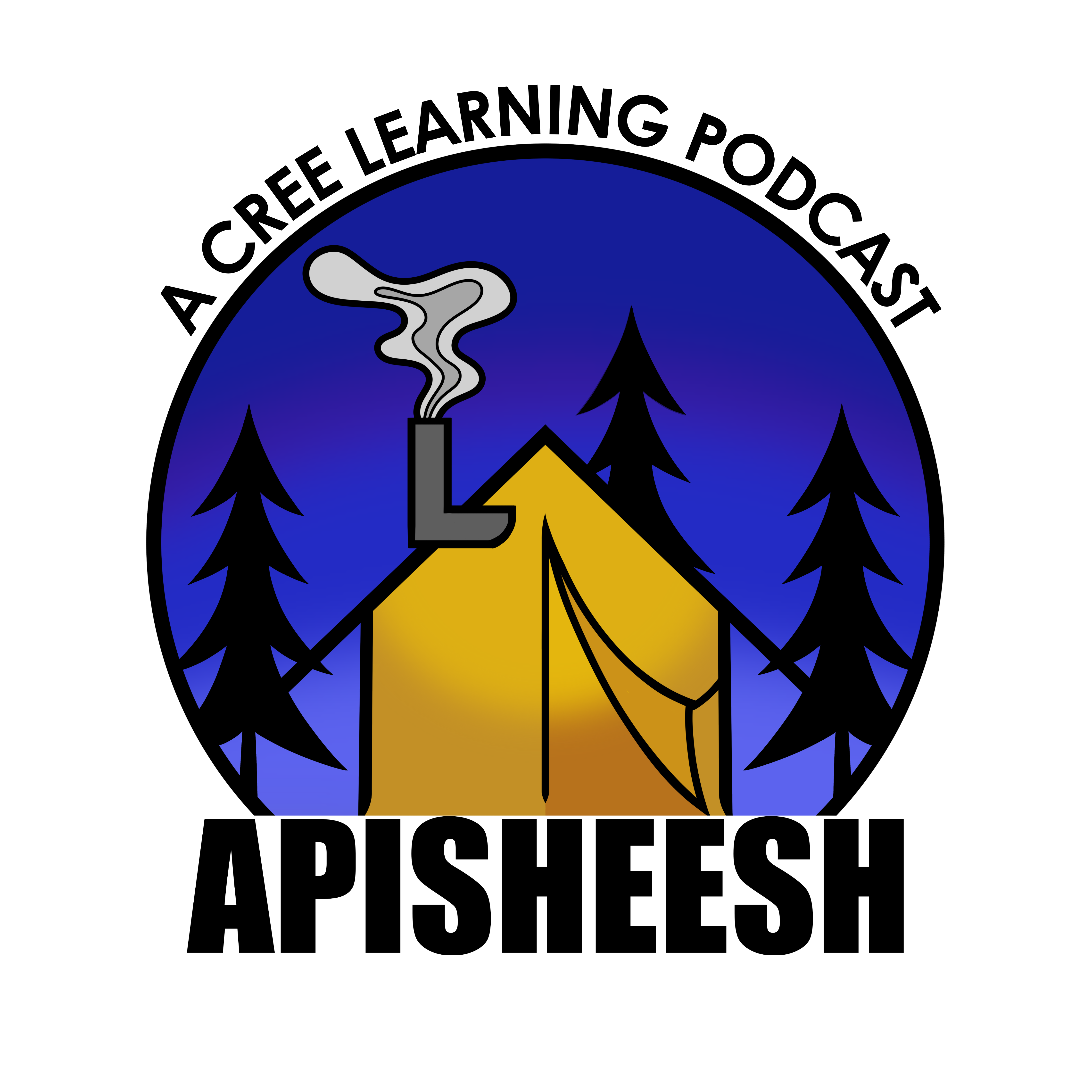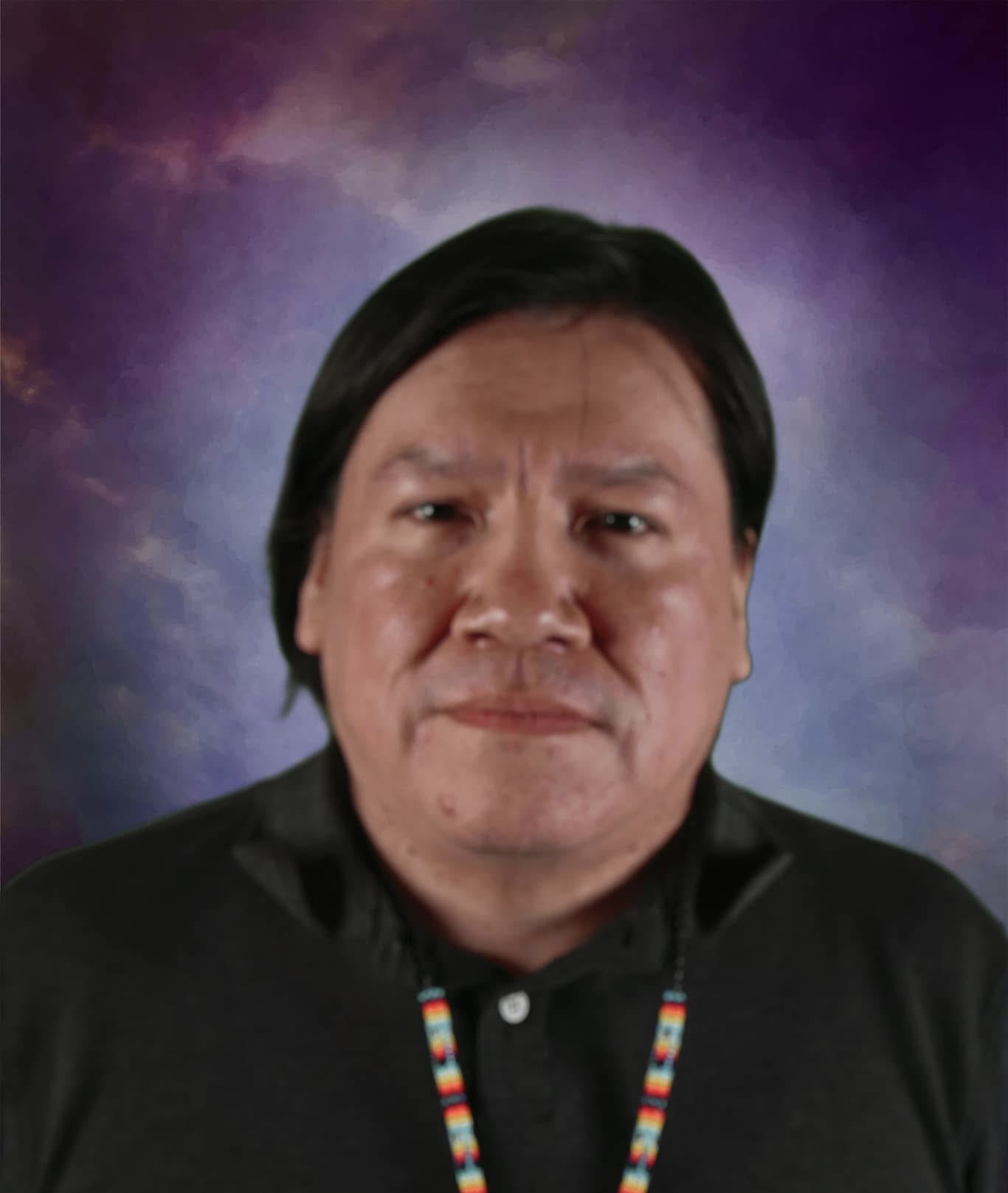Apisheesh is a monthly interview podcast where Omushkego (Swampy Cree) host Lenny Carpenter shares his journey to learn his Cree language through interviews with fluent speakers and other resources. Lenny aims to understand the words of his late mooshoom (grandfather) whose Cree stories are preserved in audio recordings.
Name
Apisheesh is Cree for "a little bit."
When I was growing up on the James Bay coast, I often had situations where someone would come up to me speaking Cree. Usually it was an elder asking, "awinikan keena" (who are you?), usually followed by "awinikan kimama" (Who’s your mom)? I’d answer as best I could, but I couldn’t carry a conversation forward, and I’d shamefully say, "I don’t speak Cree." So they’d start speaking English, or if they didn’t know English and there was no one around to translate, the conversation would just awkwardly end.
When I first started to work at Wawatay Native Communications Society as a newspaper reporter, I was about to go on my first travel assignment up the coast, in Attawapiskat. Knowing I would encounter those situations, I asked one of the Wawatay radio broadcasters what should I say, and he taught me the phrase: “apisheesh poko nininiimowin” which means, “I only speak a little bit Cree.” “Apisheesh” means "a little bit," “poko” means "only" and “niniimowin” means “I speak Cree.”
Logo
The logo was designed by Robin Kioke, a self-taught digital artist from Attawapiskat First Nation. She mostly worked with black and white drawings and recently shifted to digital art. She hopes to expand her artistry by taking up painting and other forms of media. View her artist profile: https://nanipek.ca/robin-kioke/
The podcast logo is an image of a prospector tent with a warm glow at dusk. This is inspired by memories of my late dad telling stories at spring camp as we lay in bed with the fire going. He said my mooshoom did the same back in the day. "The candles would go out, and sure enough, he would start telling stories.”
Support
Apisheesh is proudly supported by the Indigenous Screen Office.
The Indigenous Screen Office (ISO) is an independent national advocacy and funding organization serving First Nations, Inuit and Métis creators of screen content in Canada.
The ISO’s mandate is to foster and support narrative sovereignty and cultural revitalization by increasing Indigenous storytelling on screens and promoting Indigenous values and participation across the sector.
ISO policies and activities are grounded in and informed by Indigenous knowledge(s), which means respecting Indigenous ways of knowing, seeing, doing, acting, and listening. We acknowledge, and strive to uphold the principles of respect, reciprocity, responsibility, and relevance in our working relationships.
The ISO supports Apisheesh: A Cree Learning Podcast through its Podcasting Program.


